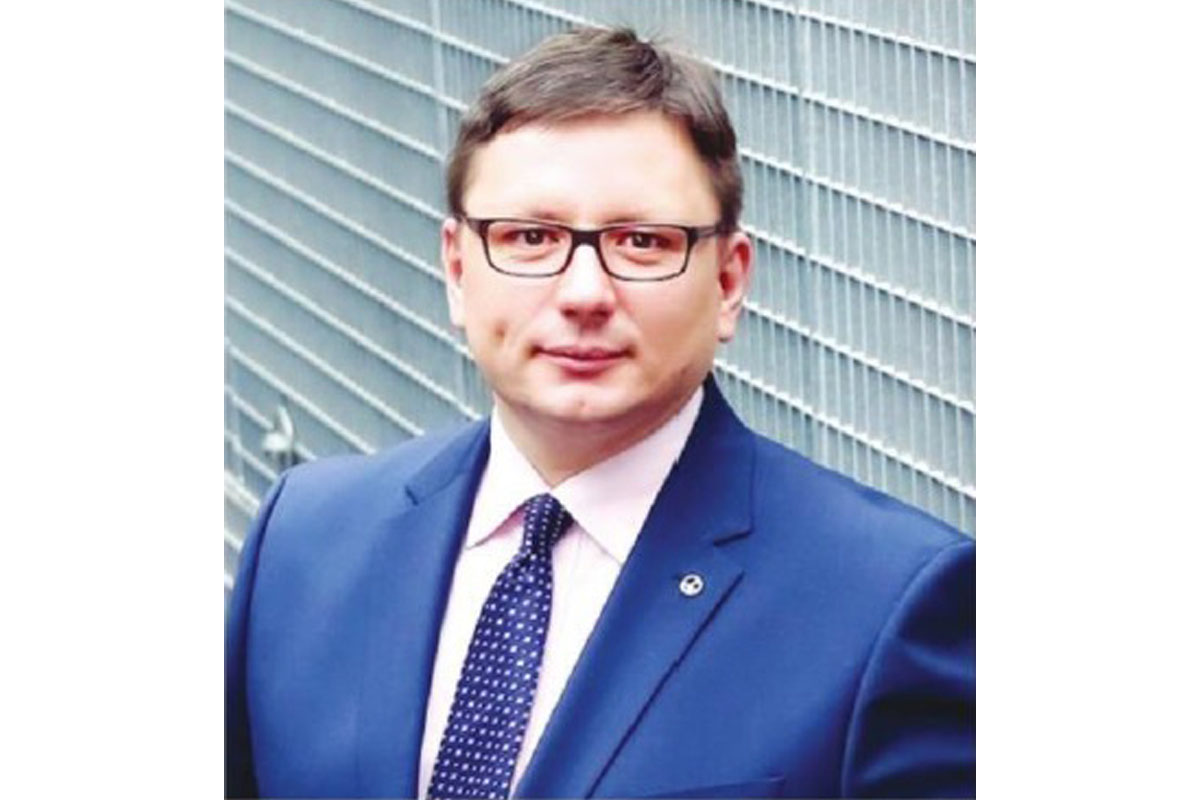Kremlin warns against potential nuclear deployment in Poland
Russia will take necessary measures to ensure its security if Poland deploys nuclear weapons, Kremlin spokesman Dmitry Peskov said.
For us safety is and will always be a top priority, no matter the cost.

(SNS)
The state-owned airline of Poland, LOT, has started flights from Delhi after a gap of around 25 years. The CEO of the airline, Rafat Milczarski, was appointed to the International Air Transport Association (IATA) Board of Governors in August 2019.
LOT wants to tap the potential of Poland which has a number of unexplored tourist destinations. It has begun with five flights a week between New Delhi and the capital of Poland, Warsaw, and it is ready to increase the number of flights if there is demand.
In an email interview with ABHIJEET ANAND, Milczarski said the passenger profile today is very different as the number of business passengers travelling to and from India has grown.
Advertisement
Excerpts:
Q: Congratulations on relaunching your flight service from Delhi to Warsaw after a quarter of a century. What makes you so confident about the Indian aviation market?
A: We are pleased to be back in India after a long time. The situation in the market has changed significantly as both economies have grown in recent years. There are many more opportunities for fast growing Indian enterprises in Poland as well as Polish businesses in India to develop a number of industries. I believe the new connection between Poland and India is a key element in growing trade and business ties between our countries. As both flag carriers LOT and Air India are part of Star Alliance, we are now connecting two Star Alliance hubs. That offers Indian passengers many convenient transfer opportunities via Warsaw into the whole of Europe as well as Canada and the US.
Q: How is the current aviation market different from that of the 1980s?
A: Now, the passenger profile is very different. More connections boost trade in goods and services and the number of business passengers travelling to and from India has grown robustly. In addition, air transport has become more accessible for a greater number of people who now travel more frequently for leisure. That is why we aim to take advantage of this potential now with the most modern fleet, great onboard service and five weekly frequencies between New Delhi and Warsaw.
Q: Do you think the growth in the aviation sector at present is sustainable?
A: Forecasts show a continuing trend for growth in passenger demand over the next few years. In 2018, India was the fastest growing domestic air travel market globally for the fourth consecutive year. We see growth opportunities in Central and Eastern Europe (CEE) as the economy in our region is booming and the aviation industry continues to support its growth.
Q: The closure of Jet Airways has opened opportunities for fullservice airlines in the Indian aviation market. Do you feel sad about the Jet Airways shutdown?
A: Aviation is an extremely competitive business but it’s always sad to see the closure of an airline. It’s a great pity seeing people who gave all their best to their company lose their jobs as their companies leave the market.
Q: Tell us something about the benefits of having Air India, the national carrier of India, as a strategic partner.
A: Along with Air India we are both members of Star Alliance – the best and the biggest airline alliance in the world. Having a Star partner in a new market allows us to grow together and develop opportunities for our passengers faster and better.
Q: What losses did LOT suffer through the closure of Pakistani airspace?
A: As all carriers, we had to adjust routings for our air services. However, only the route to South East Asia (namely to Singapore) has been affected. Because of that, the travel time between Warsaw and Singapore has become slightly longer.
Q: What can be done to minimise the losses and at the same time ensure the safety of passengers?
A: For us safety is and will always be a top priority, no matter the cost. That should apply to every part of this industry. Aviation is still the safest form of travel in the world due to strict international laws applied by aviation authorities and global regulators. The costs can be minimised for example by using airplanes that are more fuel efficient and sustainable, but we can never cut costs on safety.
Advertisement